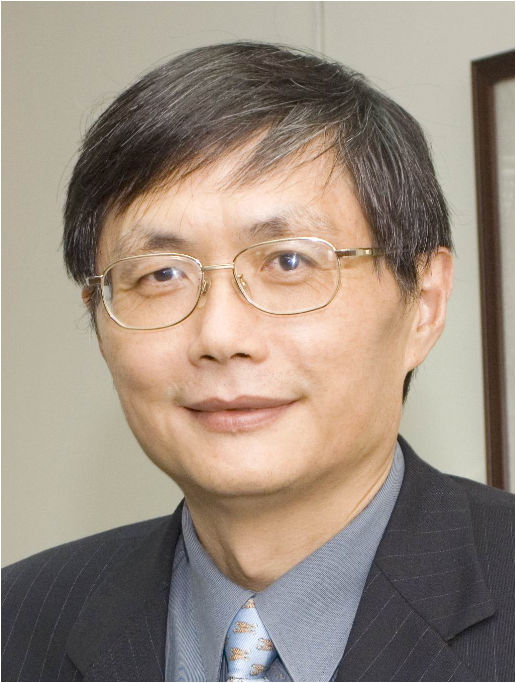
Youn-Long Lin
Professor at National Tsing Hua University, Taiwan
DRAM-Centric Accelerator Design for Large DNNs
Abstract
Large-sized deep neural networks use too many weight coefficients to fit into an on-chip memory. Instead, they have to be stored in an external DRAM. Unfortunately, DRAM access consumes very high energy, and worst yet, the accessed weight has very low reusability. Therefore, we should take into account network architectures and DRAM behavior/constraint during the allocation of memory space for weight matrices and the scheduling of DRAM access together with parallel MAC operations. We will present our results using an industrial DRAM model.
Biography
Youn-Long Lin (SM’00) received the B.S. de- gree in electronics engineering from National Taiwan University of Science and Technology (formerly, National Taiwan Institute of Technology), Taipei, Taiwan, in 1982, and the Ph.D. degree in computer science from the University of Illinois, Urbana-Champaign, in 1987. Upon his graduation, he joined National Tsing Hua University, Hsin-Chu, Taiwan, where he established the THEDA Group (Tsing Hua EDA). In 1998–1999, on sabbatical leave from Tsing Hua, he co-founded Global UniChip Corp., an SOC Design Foundry. Between 2001 and 2003, he took a leave-of-absence from Tsing Hua working for UniChip as its Chief Tech- nical Officer and Executive Vice President. He is now a Tsing Hua Chair Pro- fessor of computer science of the university. He is also an Adjunct Professor with Peking University, Beijing, China, and a Guest Professor with Waseda Uni- versity, Waseda, Japan. His primary research interest is in computer-aided de- sign (CAD) of VLSI circuits with emphasis on physical design automation and high-level synthesis. He coauthored the book High Level Synthesis—Introduc- tion to Chip and System Design (Kluwer, 1992). His current research focus is on design technology for System-on-a-Chips (SOC) employing reusable silicon intellectual properties (IPs). Prof. Lin served on the editorial boards of the ACM Transactions on Design Automation of Electronic Systems (TODAES), the ACM Transactions on Em- bedded Computing Systems (TECS), Journal of the Chinese Engineering So- ciety, and the Journal of Information Science and Engineering (JISE).


